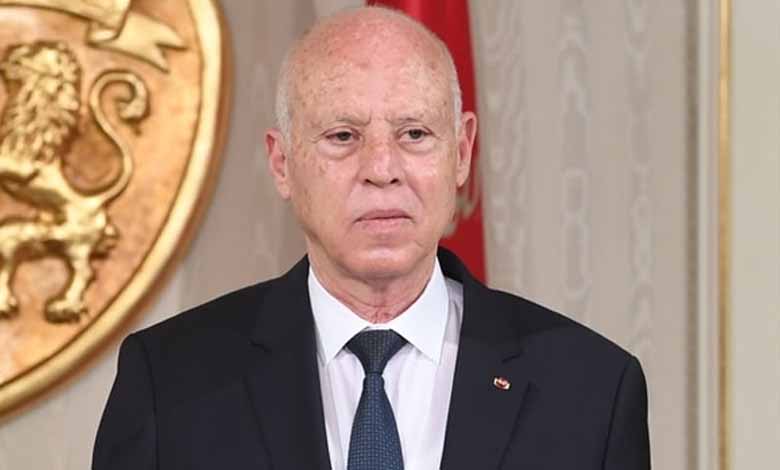The arrest of a chief judge in Tunisia due to misconduct

Sources confirm that the suspension of the President of the Court of First Instance in Kasserine comes after he was accused of colluding with smugglers by issuing dubious release orders in their favor
The Tunisian authorities have arrested the chief judge of the Court of First Instance in the Kasserine governorate due to suspicions surrounding questionable releases of smugglers and individuals involved in crimes. Some media sources have suggested the judge’s possible involvement in assisting the leader of the Qalb Tounes party, Nabil Karoui, and his brother Ghazi Karoui in secretly leaving the country for Algeria after exceptional measures were taken on July 25, 2021. However, this has not been officially confirmed.
Lawyer Emad Ben Halima revealed in a radio interview on Thursday that the judge’s dismissal and arrest were carried out by a decision from Minister of Justice Leila Jaffal, pointing to several complaints filed by lawyers and judges regarding the judge’s conduct and reputation.
He confirmed that a unit from the General Inspectorate of the Ministry of Justice had visited the city of Kasserine and inspected around 1,200 files.
Ben Halima did not rule out the possibility that President Kais Saied was behind the judge’s arrest, especially since he met with the Minister of Justice a few days ago, and the case of the chief judge of the Court of First Instance in Sfax may have been among the issues discussed.
This arrest comes at a time when the judiciary is experiencing widespread controversy, especially with the reform efforts undertaken by the President to address judges accused of corruption or supported by parties that were in power.
In early June 2022, Saied issued a presidential decree dismissing 57 judges from their duties, following accusations against them, including “changing the course of cases” and “obstructing investigations” in terrorism-related files and committing “financial and moral corruption”. However, the Administrative Court later suspended the implementation of the dismissal decision.
Among the notable dismissed figures were former President of the Court of Cassation Taieb Rached and Judge Beshir Akkarmi, who were accused by the President of hiding thousands of files related to terrorism.
In February 2022, Saied issued a decree establishing the “Temporary Supreme Council of the Judiciary” to replace the Supreme Judicial Council (an independent constitutional body), which he accused of lacking independence and prolonging litigation in cases.
President Saied affirms that the judiciary is a function that serves the people and not an authority, which has led his opponents to accuse him of interfering in the sector and threatening its independence.
Some critics argue that Saied is using the judiciary to settle scores with his opponents, following the arrest of several politicians, lawyers, businessmen, and judges in February last year. President Saied asserts that the accused individuals are involved in conspiracy cases against the security of the state.
The judiciary has always been accused of aligning itself with the authorities, especially regarding political cases. After the revolution, the former Minister of Justice and Ennahda leader Noureddine Bhiri was accused of controlling the judiciary through dismissals that targeted judges described at the time as corrupt or close to the regime of the late President Zine El Abidine Ben Ali.












